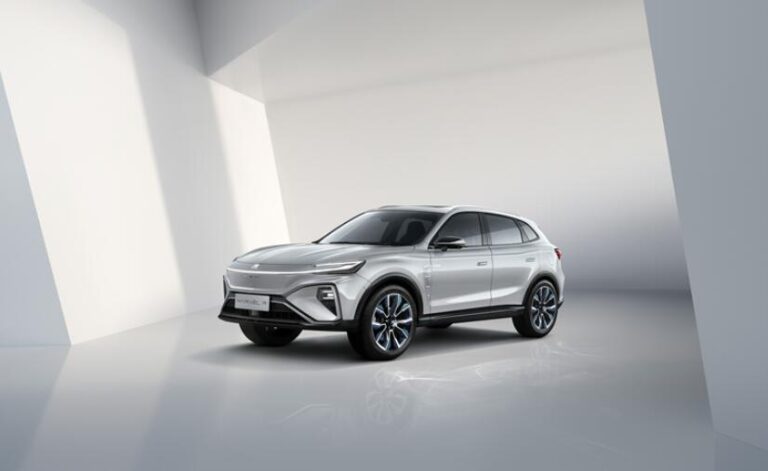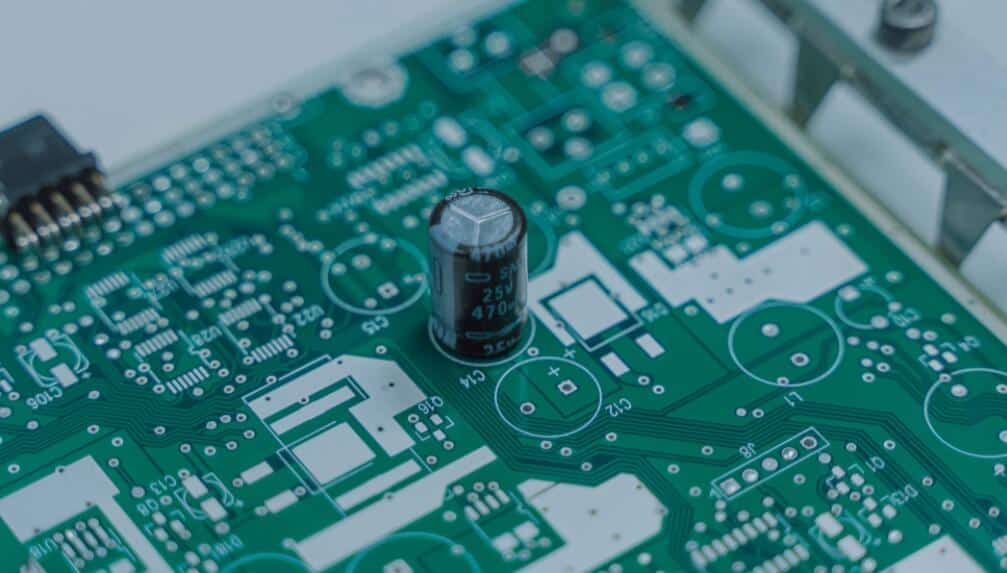From traditional car companies like Volkswagen to emerging car companies like Nio, all are facing the impact of chip shortages this year. Now it seems that the supply and demand imbalance may last longer than originally expected.
Li Shaohua, deputy secretary-general of the China Association of Automobile Manufacturers, previously expected the shortage of automotive chips to be eased in another six months, but now he expects the time to be extended to nine months to a year.
The Beijing News quoted him as saying on April 7 that multiple factors have combined to cause the conflict between supply and demand for chips to erupt during this period, but there is no need to panic too much and should be treated calmly.
For China's auto production and sales this year, the first half of the year was relatively more affected, and the situation will gradually ease in the second half of the year, Li said.
COVID-19 led to an information mismatch between the automotive industry and the chip industry, so that manufacturers have a very large deviation in future expectations, which led to the chip shortage, Li said.
The tight capacity of 8-inch wafers in recent years is also a chip shortage inevitable factor, he said.
Li believes that because automotive chips account for a relatively small proportion of the overall cost of the car, the shortage of chips will not cause an increase in the price of automotive end products.
This chip shortage provides a very good opportunity for the development of China's local automotive chips, giving manufacturers the opportunity to catch up with foreign companies, Li said.
The chip shortage has led to a cumulative production cut of 1.157 million units in the global auto market, and the global auto market is expected to cut production by more than 2 million units this year because of it, according to AutoForecast Solutions.
William Li, the founder, and chairman of Nio, said earlier Wednesday that the current supply-demand imbalance in automotive chips involves mostly basic chips, which pose short-term pressure on the industry.
He expects the chip shortage to be more challenging for Nio in the second quarter and will ease by the third quarter.

